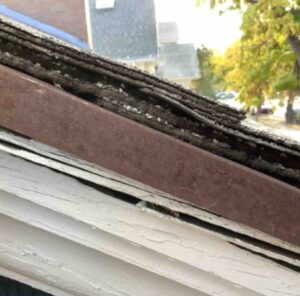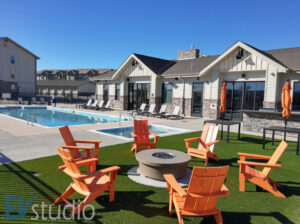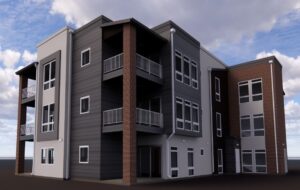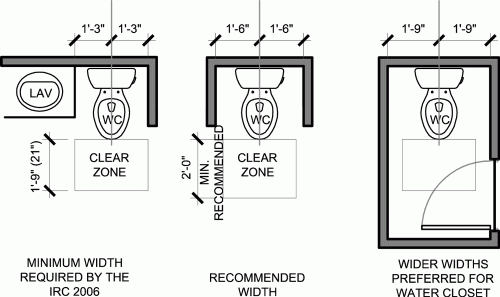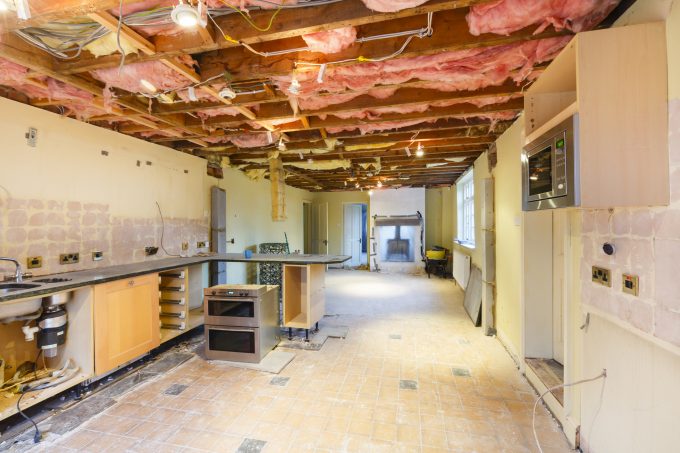
The safety of occupants is always the primary concern during any renovation work of an occupied building. In addition, preserving the comfort of and minimizing inconvenience to the occupants is a challenge. The safety of occupants needs to be preserved during any operations that involve structural modifications, opening walls, modifications to the electrical systems, and creating airborne particulates and pollutants. The comfort and convenience of occupants are compromised during any work that generates noise, requires displacement of belongings or occupants, reduces the functionality of apartments or limits the HVAC systems from maintaining a comfortable environment.
Structural and electrical work on existing buildings may present the greatest challenges. Structural work may impact the safety of whole buildings at one time, requiring all residents to be out of their units for one or more days at a time. If all electrical systems in any buildings are to be replaced in their entirety, special phasing and temporary systems may be required.
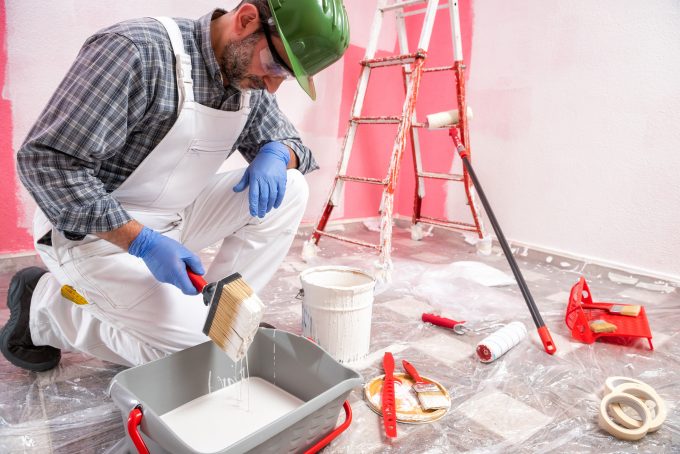
Occupants should never be present in spaces where renovation work is being performed. In apartments, this work can be performed in units during the changeover between occupants, when residents are temporarily relocated to another unit, or during daytime when residents are gone. The least inconvenient and safest option is to perform the work during the changeover between occupants. But if the apartment building or complex has high occupancy and low turnover rates, this can be very challenging and would likely require a long construction duration. Depending on the amount of work being done in each unit, it may be possible to do it during the day, but this can be particularly challenging for contractors and residents. The best scenario is to have at least one of each type of unit unoccupied in which to start renovations, then relocate residents to that apartment to begin renovations on the next one. That way when each resident is required to move, they are moving to a freshly renovated unit, the prospect of which significantly eases the perceived inconvenience to that resident.
Coordination of renovation work needs to be carefully scheduled, requiring collaboration between the contractor, owner, architect, and engineers. EVstudio’s multidisciplinary expertise and experience empowers us with insight into the inter-related impacts of work on the various systems of a building, from structure to MEP to weatherproofing and finishes, which can inform decision-making during design and construction phases of the project.
All accommodations for work in occupied buildings increase project costs, whether for temporary provisions or for increases in contract duration. The challenge for apartment renovation projects is to optimize the balance between these costs and the comfort and convenience of the residents while maintaining rigorous safety requirements. EVstudio’s participation in the design and construction process of this type of project provides an excellent opportunity to achieve that optimization.


